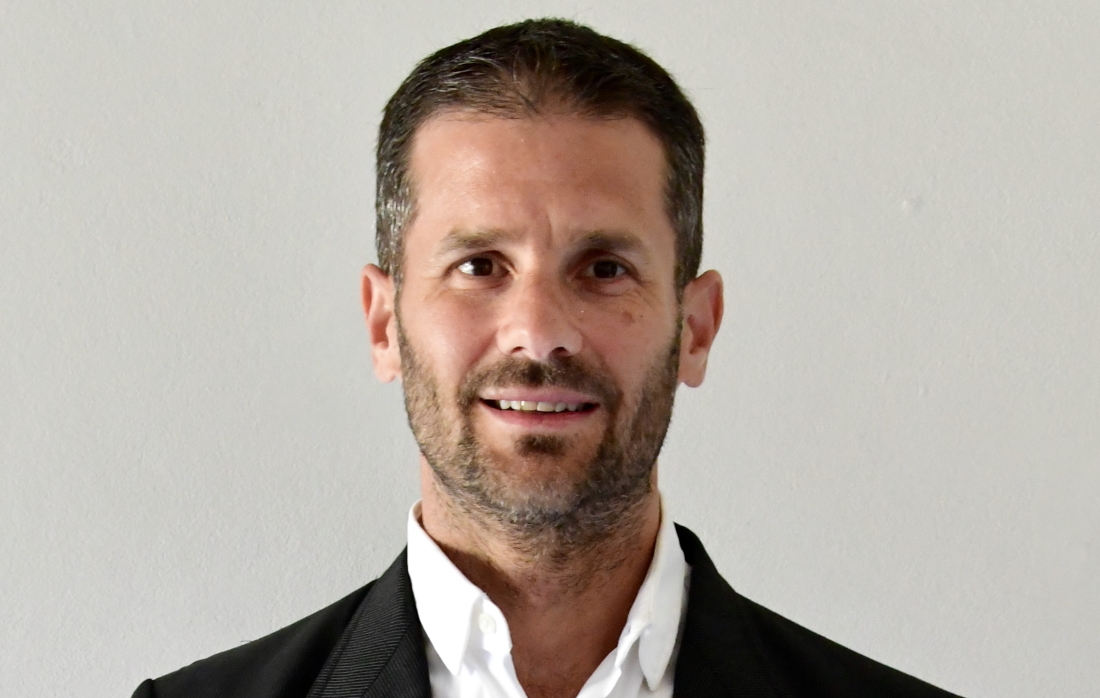Financial wellness, and why it is so important for you to have your employees get and stay on top of it
- Written by Dean Perlman, Managing Director of Charter Finance

Research from NAB has found that 40% of Australians have experienced some form of financial hardship in 2019, which is obviously likely to be inflated this year. In fact, stress around finances has increased by 36% from Q4 in 2016 to Q3 in 2019.
When it comes to productivity in the workforce, research from Workplace Super Specialists Australia (WSSA) has found that “employees who lack financial wellness tend to be more stressed, as observed by more than three in five employers”.
Further “a significant number of employers also noted presenteeism (43.3%), low morale (30%), and absenteeism (16.7%) as other consequences of poor financial wellness.”
With financial hardship being one of the biggest stresses for families in Australia, paying attention to both your employees mental and financial wellness is important for businesses who want a productive and satisfied work force. Providing them with the education and tools they need to achieve financial wellness and independence works for both parties, being a beneficial incentive to them, and according to the stats above, will also increase presenteeism and productivity.
At Charter Finance, we take a long-term wellness approach with our clients and their mortgages through our mortgage mapping programme for employees to help ensure they stay (or become) financially well.
Becoming financially secure / independent is a goal most people want. Our role is to help them understand what is achievable and ensures they know what is in their control. This includes critical aspects of property ownership such as strategies on how to maximise the growth in equity in their property(ies). The banks set borrowers on a repayment treadmill, but do not provide their clients with the tools & mechanisms to build their wealth through their property – we make sure whatever your employees borrow (or intend on borrowing), benefits them, not the lender.
Employers value this service as it addresses a core area of importance for their employees as it does not cost the company or the employee anything. Where an employee refinances their mortgages (if it makes financial sense to do so), it can provide substantial savings over the life of the loan (effectively acting as a wage increase!).
Knowing your employee’s greatest material assets (and often, their greatest liabilities) are professionally managed, providing them with tools to grow their wealth, ticks a core value box of many employers.
It also goes a long way knowing in times of uncertainty, that the company they work for is working to look after their best interests.
So when incentivising your employees, if you are concerned about your cash flow, think outside of the box. Consider what do your employees need? How can you help them? What will help them maximise their income and take pressure off them and their families.
Dean Perlman, Managing Director of Charter Finance







